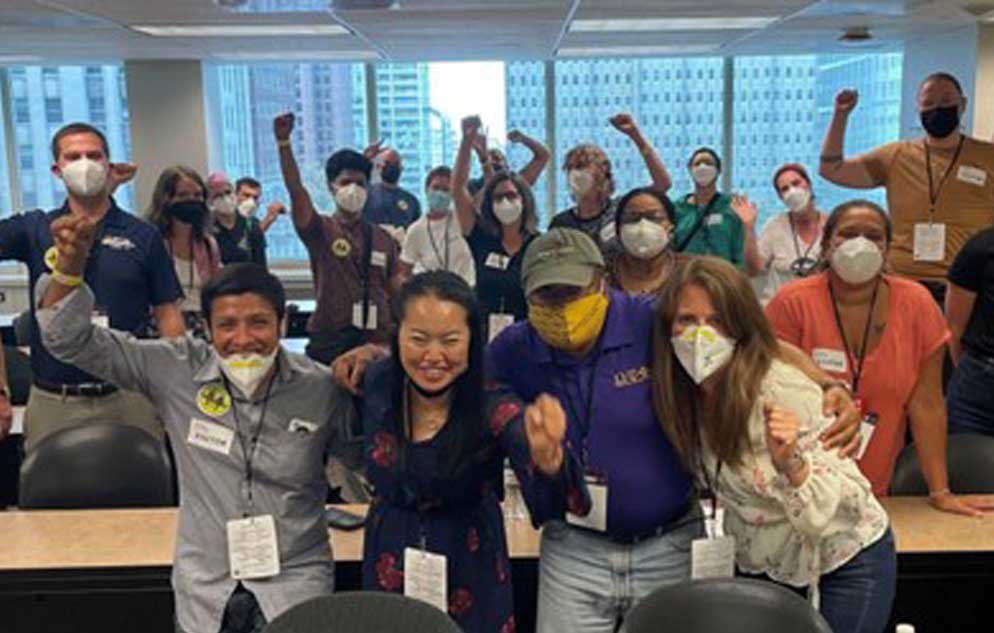
The semester has taken off with some strong partnership with the Community and Worker Ownership Project.
In early September we presented at the US Federation of Worker Coops at an in-person conference in Philadelphia where we partnered with many to explore the ways and reasons to pursue unionized cooperatives. Speakers included Richard Wolff from Democracy @ Work along with SEIU 1199, Cooperative Home Care Associates, United Food and Commercial Workers, Coop Cincy and SEIU United Healthcare West! We were joined by Kafui Attoh, another faculty member from SLU.
As the semester launched we have three classes running from our new certificate, Workplace Democracy and Community Ownership. In those classes we have students innovating some deep democratic solutions that they can take with them into their careers. We thank the Brooklyn Communities Collaborative for their strong support and inspiration. Look for more about that in postings to come!
On October 13th Rebecca Lurie spoke at the 2022 NYC Employment and Training Coalition Conference at the Grad Center. Celebrating 25 years, it was a full house, following a near 3 year hiatus of in person gatherings. The conference is for those who work, find and support New York City’s workforce development community, including community based organizations, unions, employers and government officials. This year a feature was to include economic development solutions that can support workforce development. There was a healthy focus on creating training and policy pathways to good quality jobs. Several speakers referenced the recent report by The Aspen Institute on this very topic. Good Jobs Champions Group – The Aspen Institute
Rebecca spoke on the importance of cooperatives in workforce development and how we can aim to train in skills and knowledge abut cooperative business development as a way to help those who do not arrive at a job with an employer, but may work as a consultant or self employed or launch their own business. History shows that for those coming from low-wealth communities, working collaboratively and cooperatively will gove them a better chance to achieve the things that Aspen Institute defines as qualities for a good job: economic stability, economic mobility, and having respect and a voice at work. An additional strategy for workforce and economic development professionals is to keep an eye out for existing small businesses who may want to sell their business. Selling to their workers can be an excellent lay-off aversion strategy and can be something we keep our eyes out for to maintain and sustain the community businesses we have. Since the work of the coalition members is for training and education for good work, our solution is to incorporate cooperative business skills and advocacy skills into our programs as we offer career training.
